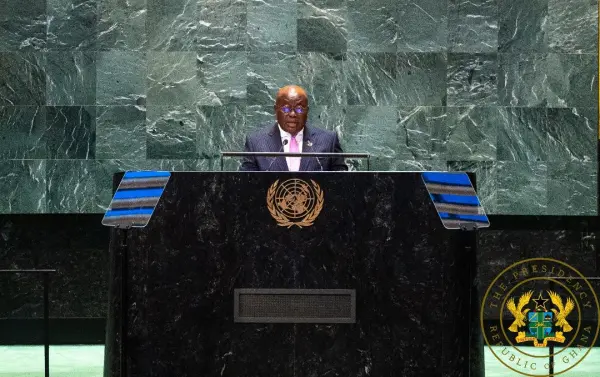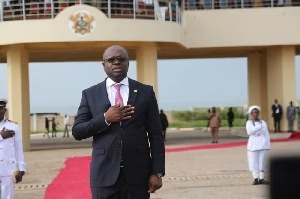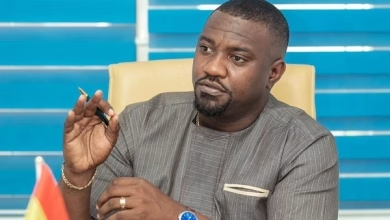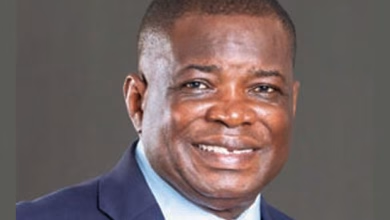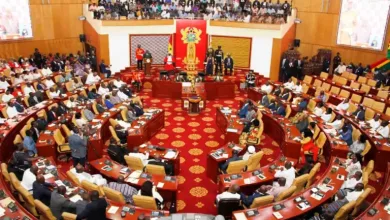President Nana Akufo-Addo of Ghana emphasized the limitations of peacekeeping efforts in achieving long-term stability in Africa during his address at the United Nations General Assembly in New York.
While acknowledging the value of peacekeeping, he stressed that underlying issues such as poverty, inequality, and lack of opportunity must be addressed to prevent conflicts.
Akufo-Addo argued that peacekeeping alone cannot guarantee sustainable peace without tackling these root causes.
He emphasized that true stability must come from within African nations, driven by efforts to uplift communities and create equitable opportunities for all.
External interventions, though well-intentioned, often fail to address structural challenges perpetuating unrest.
To break the cycle of conflict, Akufo-Addo called for a holistic approach combining peacekeeping with development-focused initiatives.
He urged the international community to partner with African countries to address internal and external factors contributing to instability.
Key Takeaways:
- Limitations of Peacekeeping: Peacekeeping efforts are insufficient for long-term stability in Africa.
- Addressing Root Causes: Poverty, inequality, and lack of opportunity must be addressed to prevent conflicts.
- African Ownership: African nations must take ownership of security, with the African Union strengthening itself to respond to threats.
- Comprehensive Strategy: A holistic approach combining peacekeeping and development-focused initiatives is necessary.
- International Partnership: Global cooperation is crucial to address internal and external factors contributing to instability.
Akufo-Addo’s message echoes the sentiments of other African leaders, who have stressed the need for a more equitable global system and increased representation in international affairs.
